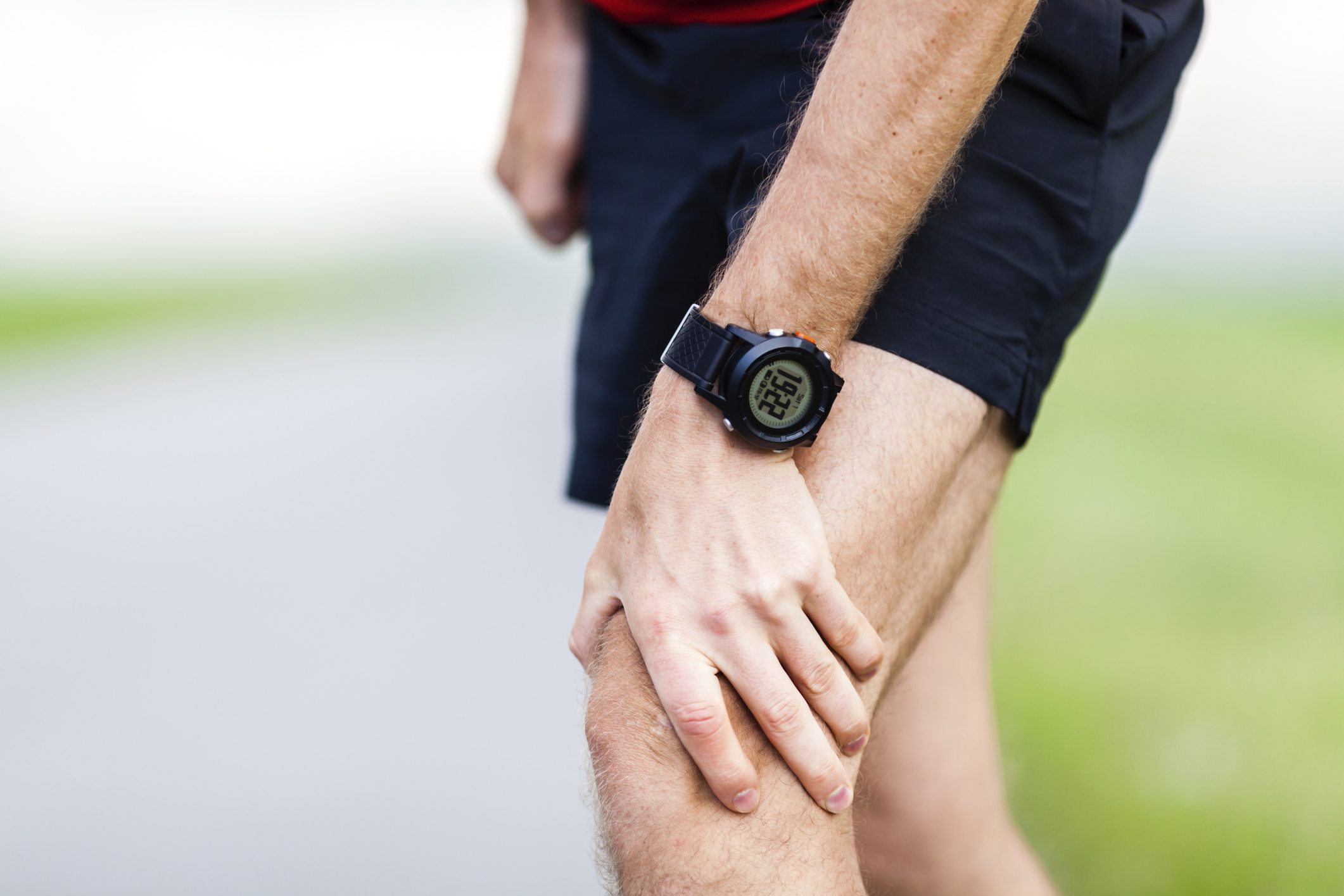Angela Naeth’s tips for dealing with an early season injury

 It’s early season and you’ve been slowly making gains in your training. You race schedule is set and you have some lofty goals in mind. Unfortunately, you start to feel some aches and pains in your shoulder, IT band or Achilles. Don’t fret! Here are some tips and tricks for dealing with an early season niggle/injury so you can get you back to training and mentally preparing for your race.
It’s early season and you’ve been slowly making gains in your training. You race schedule is set and you have some lofty goals in mind. Unfortunately, you start to feel some aches and pains in your shoulder, IT band or Achilles. Don’t fret! Here are some tips and tricks for dealing with an early season niggle/injury so you can get you back to training and mentally preparing for your race.Expert advice. Find a knowledgeable doctor, physical therapist or specialist that you trust. If you find that you’re not improving, a second opinion is always a good idea. Follow their recommendations and continue with the plan of care. All too often, athletes go to a family doctor or someone not specializing in sports medicine and their plan of care is miscalculated or not followed-up with appropriate support and treatment.
improving, a second opinion is always a good idea. Follow their recommendations and continue with the plan of care. All too often, athletes go to a family doctor or someone not specializing in sports medicine and their plan of care is miscalculated or not followed-up with appropriate support and treatment.
72-hour golden rule. A good rule of thumb is give any aches and pains 72 hours of rest. Stop the activity that is aggravating your symptoms and see if with ice and rest, the problem decreases and resolves entirely the issue. If after 72 hours, further advice may be warranted.
Social network. During rehabilitation, having a good network of support is beneficial for your overall health and wellness. This includes keeping in contact with your coach, physical therapist, and tri community. If you’re in masters swimming or a cycling team, do what you can with them even if it’s the post-workout coffee you usually attend. Not only will this keep you connected, it’ll keep you motivated and not isolated. You can support your teammates by being a cheerleader or spectator. It’s also important to look at other activities with non-athletes. Use this time to venture outside the triathlon box and pursue things you’ve had on your bucket list. Visit family, spend more time with friends and give other activities a try during the time you have off.
